The discipline of public health lies at the intersection of science and social justice. Its goal is to promote health and prevent disease through education, research, and advocacy. Throughout history, Black Americans have made invaluable contributions to the field. Tragically, many of their accomplishments failed to be recognized. The list below is by no means exhaustive; however, it highlights contributions that have been made against tremendous odds. In spite of being denied access to the very systems and institutions they helped to improve; the Black Americans below contributed significantly to the advancement of public health science.
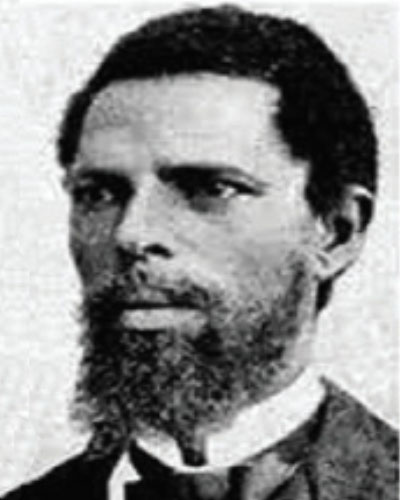
Onesimus was an African-born slave who introduced the practice of variolation (the first method used to immunize individuals) to Boston and the rest of New England. Onesimus was the slave of the influential Puritan minister, Cotton Mather. Onesimus introduced Mather to variolation a century before Edward Jenner conceived of the idea and became renown for creating a smallpox vaccine. Onesimus described to Mather the process of variolation that had been performed on him and others in Africa. Mather used this information during a smallpox outbreak in Boston in 1721 to advocate for inoculation in the colonies, citing Onesimus and African folk medicine as the source of the procedure. Mather’s advocacy met resistance from those suspicious of African medicine and he was publicly ridiculed for relying on the testimony of a slave. In 2016, Onesimus was declared one of the “Best Bostonians of All Time” by Boston Magazine.

Dr. Donna M. Christensen was the first woman to represent the U.S. Virgin Islands and the first female medical doctor to serve in Congress. She worked to address social determinants of health and tackle HIV/AIDS threats both domestically and internationally. She made it known that in medicine, “…you always find that there are a lot of social and other issues that impact the health of your patients.” Dr. Christensen was born in Teaneck, New Jersey. Her mother was from New York and her father, who served in the U.S. Army during World War II, returned to his native Virgin Islands with his young family after earning a law degree from Columbia University. Dr. Christensen’s interest in health began after she read a United Negro College Fund booklet encouraging young minorities to go into medicine.
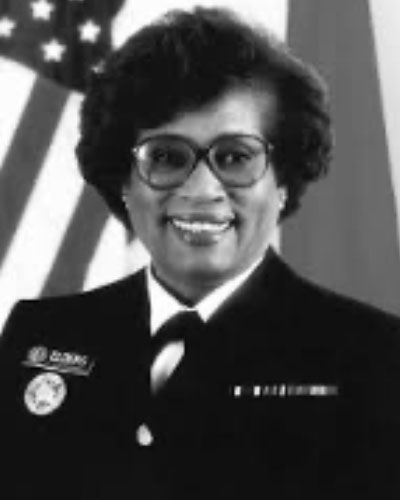
Joycelyn Elders is a pediatrician and public health administrator. As head of the Arkansas Department of Health she campaigned for clinics and expanded sex education, causing a storm of controversy among conservatives and religious groups. Despite opposition, she nearly doubled childhood immunizations rates, expanded the state’s prenatal care program, and increased home-care options for the chronically or terminally ill. Largely because of her lobbying, the Arkansas Legislature mandated a K-12 curriculum that included sex education, substance-abuse prevention, and programs to promote self-esteem. In 1993, appointed by President Bill Clinton and in spite of opposition from conservative critics, Dr. Elders became the first U.S. Black Surgeon General.
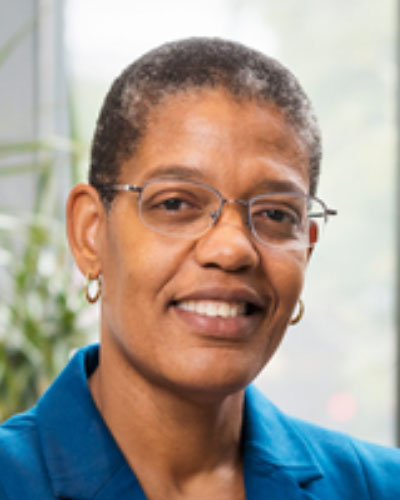
Michelle Williams is a Jamaica-born epidemiologist and educator, distinguished for her pivotal studies on maternal and child health around the globe. She is the dean of the Harvard T.H. Chan School of Public Health, and faculty director of the Harvard Catalyst’s Population Health Research Program and Health Disparities Research Program. A prolific researcher, Williams has led numerous international research projects and National Institutes of Health grants aimed at training those underrepresented in science and public health.
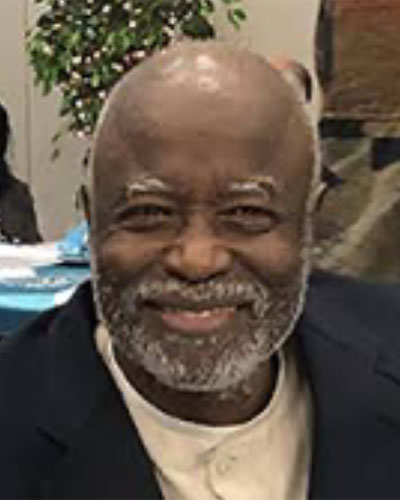
William Carter Jenkins was an American public health researcher and academic. Jenkins was among the first cadre of African Americans recruited to the United States Public Health Service Commissioned Corps in the 1960s. He worked as a statistician and is best known for trying to halt the Tuskegee syphilis experiment in 1969. The Tuskegee Study of Untreated Syphilis in the Negro Male involved hundreds of black men who were told they were being treated for “bad blood,” a local term used to describe several ailments, including syphilis, anemia, and fatigue. The men did not receive proper treatment and many died from untreated syphilis, despite the discover of penicillin (the treatment drug of choice) three decades before the study ended. Jenkins spent his career fighting racism in the U.S. healthcare system, working for the Centers for Disease Control and Prevention (CDC) during the early days of the AIDS crisis, and overseeing the government benefits program for survivors of the Tuskegee Syphilis Study.
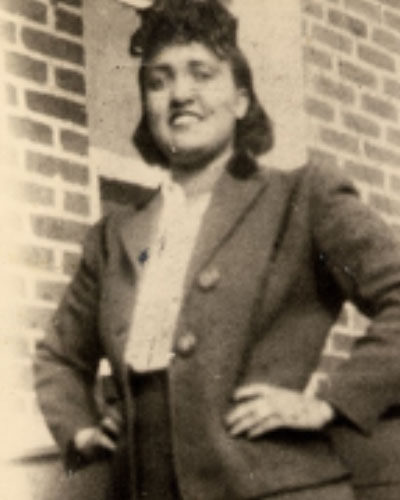
Henrietta Lacks was an African American woman who died in 1951 at the age of 31 of an aggressive cervical cancer. Samples of Ms. Lacks cancerous cells were taken without her knowledge or consent and shared widely for research purposes. Ms. Lack’s cells turned out to have an extraordinary capacity to survive and reproduce, making them ideal for biological research. Her immortal cells, known as HeLa cells, have been involved in key scientific discoveries in the fields of cancer, immunology, and infectious diseases. None of the biotechnology companies that profited from HeLa cells asked for her family’s consent, nor did they pay for the use of her cells, though they used her name publicly, gave her medical records to the media, and published her cells’ genome online (which has since been removed). One of the most recent applications for use of HeLa cells has been in research for vaccines against COVID-19. The Lacks family and scientists are working together to establish stronger rules to govern the use of specimens.

Kizzmekia Corbett, PhD, is an African American National Institutes of Health scientist praised by top infectious disease experts for her role in developing the COVID-19 vaccine. Dr. Corbett received a PhD in microbiology and immunology from the University of North Carolina at Chapel Hill. Her early research involved studying the spike proteins on the surface of coronaviruses. Dr. Corbett’s team utilized previous knowledge of coronaviruses to tackle the COVID-19 virus. Throughout the politicized pandemic, Dr. Corbett has called for the public to practice good hygiene and worked to build vaccine trust among Black Americans.
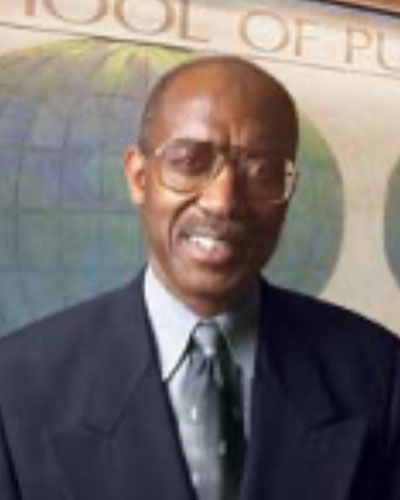
Sherman A. James is an African American epidemiologist and health researcher. Dr. James is known for his concept “John Henryism,” which attributes the premature deaths of African Americans to prolonged exposure to the stress, discrimination, and racism. The name of his hypothesis is based on the American folk hero, John Henry. John Henry was purported to have raced against a steam-powered rock-drilling machine, and he won, but died from the effort. In commenting on why Black men live shorter lives than all other Americans, Dr. James stated, “It’s the striving to make something of themselves …to live their lives with dignity and purpose and to be successful against extraordinary circumstances. They’re trying to make a way out of no way. It’s the Black American story.”
Public Health Related Books for Black History Month
Medical Apartheid, Harriet Washington
The Gardener’s Tale, Camara Jones
Caste and The Warmth of Other Suns, Isabel Wilkerson
The Political Determinants of Health, Daniel E. Dawes
Main Street, Mindy Fullilove
Contact
Christopher Shults
Dean of Institutional Effectiveness and Strategic Planning
(212) 220-1400
cshults@bmcc.cuny.edu

